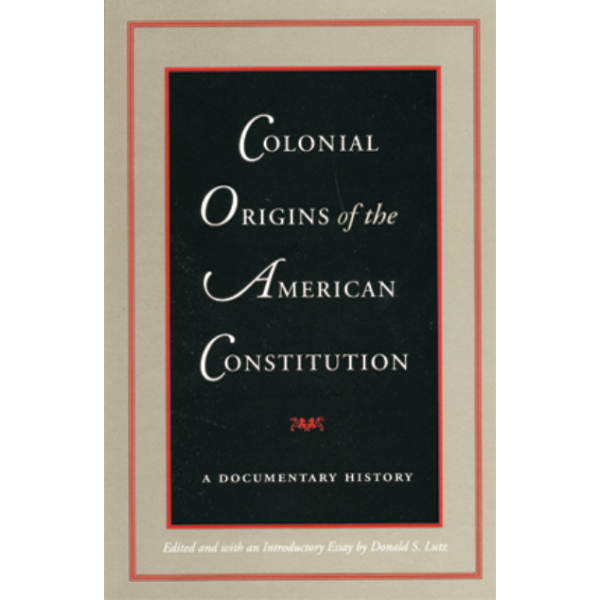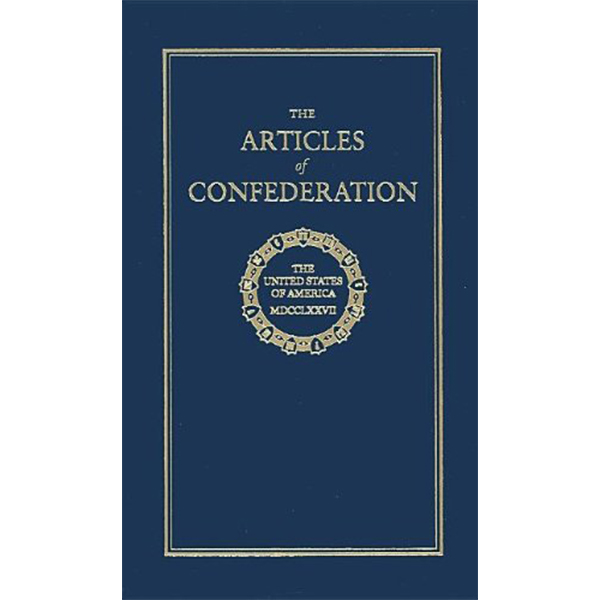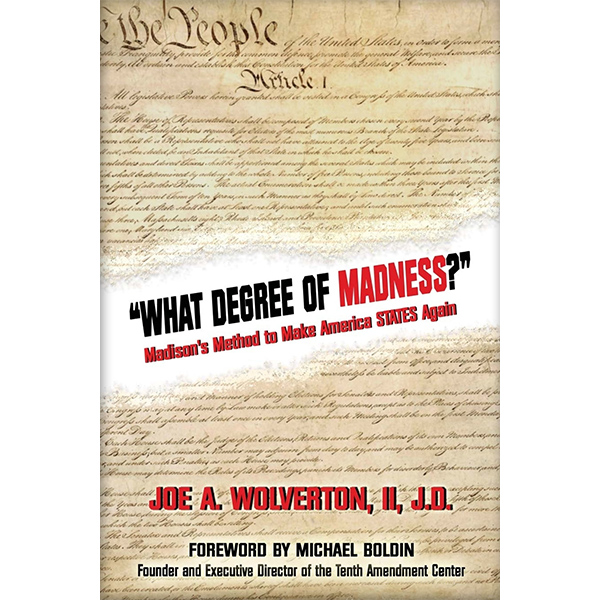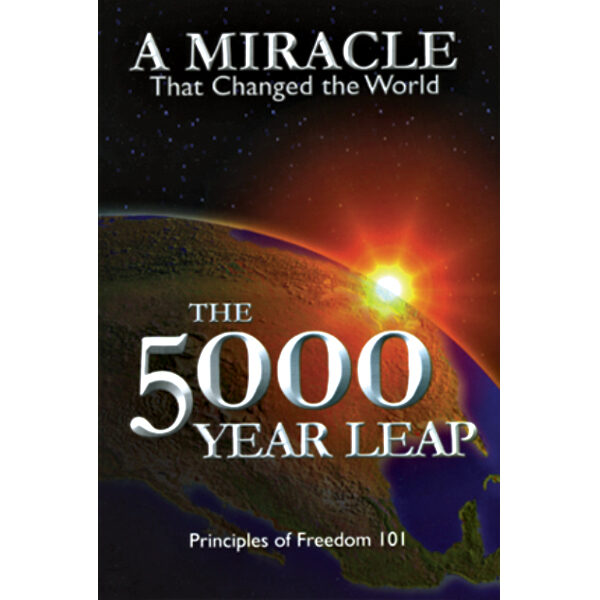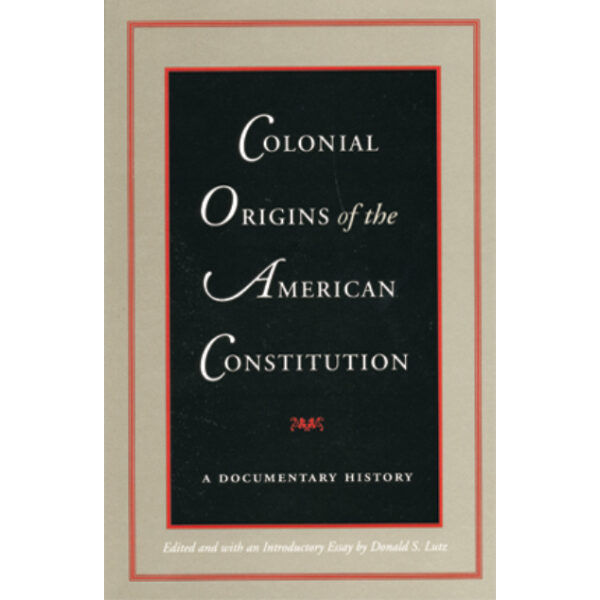Colonial Origins of the American Constitution
$8.99
Curious where “We the People” really started? Open the pages where colonists swore covenants, formed towns, and sketched elections, rights, and checks — long before 1787. This primary-source collection, edited by Donald S. Lutz, lets you watch ideas such as popular sovereignty and bills of rights take shape in real time. A crisp introductory essay decodes terms like covenant and compact so you can read with confidence — and teach from the text.
Description
The American story of liberty cannot be told without its colonial constitutional documents. Long before 1787, colonists were already drafting covenants, compacts, and codes that defined themselves as a people, built governments, and set limits on power. These texts — often written under pressure of necessity, distance, and conviction — are where “We the People” was first practiced.
This volume brings those documents together, letting readers trace the direct line from town agreements to state constitutions. Edited by Donald S. Lutz, it opens with a guiding essay that shows why a covenant is not the same as a compact, how consent gradually replaced oath, and how colonial habits of writing amendable agreements laid the groundwork for popular sovereignty. Once you grasp that distinction, the continuity to the Constitution itself is unmistakable.
Here you will encounter the Plymouth Combination (Mayflower Compact), the Pilgrim Code of Law, the Massachusetts Body of Liberties, the Connecticut codes, and dozens more. These texts show rights articulated, powers balanced, and communities self-defined. They also reveal why later claims of a “living constitution” depart so sharply from American expectations: constitutions were written precisely so they could be changed openly, not reinterpreted silently.
More than a reference, this is a working sourcebook for teachers, researchers, and serious readers. It allows you to enter the debates with the same documents colonists used, to compare how communities across regions shaped law, and to see how words such as covenant, compact, and frame carried different implications. With faithful transcriptions and accessible organization, Colonial Origins of the American Constitution is the indispensable collection for anyone who wants to understand America’s constitutional DNA. (1998ed, 396pp, pb)

